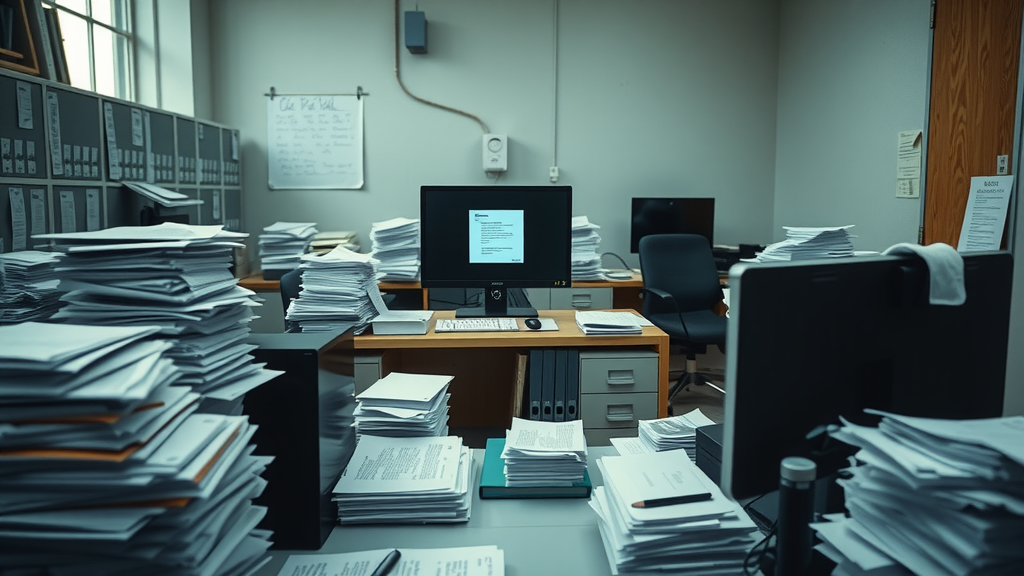Returning Home to Bank
Should You File for Bankruptcy?
personal bankruptcy, consumer proposal, Quebec
Handing your home back to the bank in Canada doesn’t automatically eliminate your financial woes. If mortgage payments and other debts are overwhelming, just returning the property won’t solve everything. Lenders may still pursue you for any remaining debt after the home is sold. You might need to consider personal bankruptcy or a consumer proposal to truly regain financial stability.

Voluntary surrender and its impact on personal bankruptcy.
Question
If I return my house to the bank, will I still need to file for bankruptcy?
I’m wondering if giving my house back to the bank will prevent me from having to file for bankruptcy.
From: Anonymous, Quebec (QC)
Answer
Handing back your home to the bank, known as a voluntary surrender, doesn’t automatically mean you’re off the hook from filing for bankruptcy in Canada. If you’re struggling with mortgage payments and have debts piling up beyond your mortgage, simply returning the property won’t fix everything. Lenders might still go after you for any leftover debt after the home is repossessed, especially if it sells for less than what you owe (a deficiency balance). So, if your remaining debts are still out of control, you might need to consider filing for personal bankruptcy or a consumer proposal to truly get back on your feet.
From: Insider Scott
Elimiate up to 80% of Your Debt
High cost of gas, high cost of groceries, high lending rates, low salary - being in debt is not your fault! See if you qualify for government debt programs and get out of debt today!
OSB Based Answer
Returning your house to the bank, often referred to as a “voluntary surrender,” does not automatically prevent you from having to file for bankruptcy. If your overall debt situation is unsustainable, filing for bankruptcy may still be necessary, as surrendering the house only addresses part of your liability.
Under the Bankruptcy and Insolvency Act, the debts remaining after the surrender, including other unsecured debts, may still require you to consider a bankruptcy filing. It would be wise to consult with a licensed insolvency trustee to assess your full financial circumstances and determine the most appropriate course of action based on Section 43 of the Act, which discusses the options available to individuals facing insolvency.
From: This answer is provided by scanning the OSB Bankruptcy & Insolvency Act and related directives
References
| Reference Title and Source |
|---|
| Understanding Personal Bankruptcy in Canada, Government of Canada |
| The Process of a Consumer Proposal, Canadian Association of Insolvency and Restructuring Professionals |
| Dealing with Mortgage Default and Surrendering Property, Credit Canada |
| Bankruptcy and Insolvency Act (R.S.C., 1985, c. B-3), Government of Canada |
Table of article references
Eliminate up to 80% of Your Debt
High cost of gas, high cost of groceries, high lending rates, low salary - being in debt is not your fault! See if you qualify for government debt programs and get out of debt today!